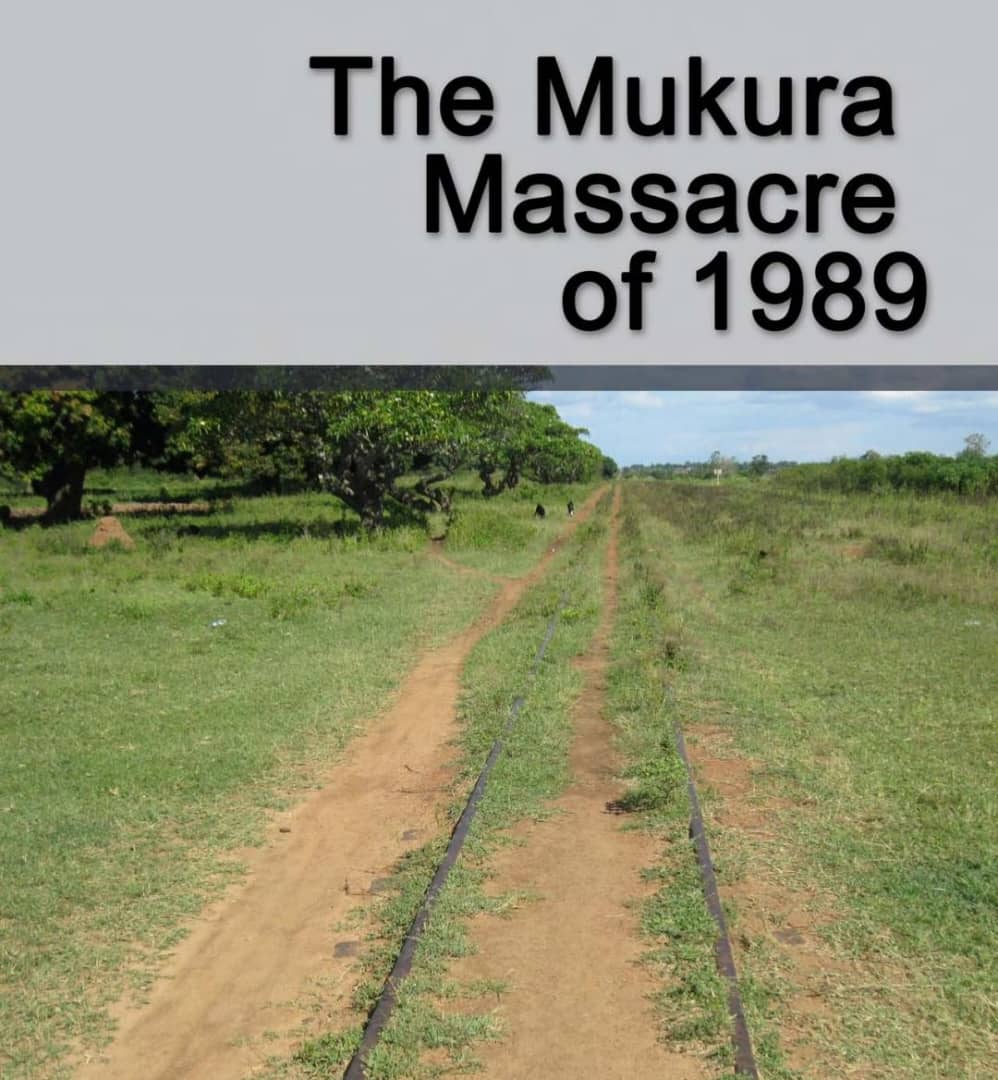
By Nathan Eyagu
TESO - Tucked away in the quiet hills of Ngora District lies a place that will stir your soul — a place where silence speaks volumes, and where every stone, every name, every tear tells a story that must never be forgotten. This is the Mukura Memorial Site — not just a monument, but a living testimony to human resilience, forgiveness, and the unbreakable spirit of a community that turned sorrow into strength.
On the morning of July 11, 1989, over 300 innocent men — farmers, students, fathers, brothers — were rounded up by the National Resistance Army. Suspected of aiding rebels, they were thrown into a sealed train wagon under the scorching sun, locked inside with no food, no water, and no air.
When the doors finally opened hours later, 69 had died — suffocated in silence.
The survivors were broken but not defeated. The community wept, but it did not forget.
Where many would crumble, Mukura chose to rise.
The mass grave where the victims were laid to rest is now marked by a beautifully solemn monument, standing strong in the heart of the town like a candle in the dark. Nearby, the Mukura Memorial Secondary School, a public library, and a budding museum were built — not just as symbols of loss, but as seeds of renewal.
Every year on July 11, people gather — families of the fallen, survivors, students, government leaders, and visitors from across the country — to honor the dead and reflect on the journey toward peace.
Why Mukura Should Be Your Next Travel Destination
Mukura is not your typical tourist stop. It’s deeper. It’s real. It’s unforgettable.
Here’s why you should visit:
Experience Authentic Ugandan History
Walk through the very railway station where history stood still. Touch the rusted train wagon. Feel the weight of stories that textbooks don’t tell.
Witness Healing Through Culture
From emotional survivor testimonies to powerful community dramas, Mukura invites you to see how a people found healing through storytelling, art, and truth.
Learn and Reflect
The on-site library and school are open to visitors. Meet students learning about their heritage, read survivor accounts, and connect with a community that teaches through its lived experience.
Breathe in the Beauty of Rural Eastern Uganda
Beyond the memorial lies scenic countryside, local cuisine, traditional music, and warm-hearted locals eager to welcome you and share their story.
Mukura is more than a destination — it’s a pilgrimage. It's a place that will soften your heart, sharpen your awareness, and leave you changed. It reminds us that even in the darkest moments, humanity can choose to remember with grace and rebuild with hope.
Whether you're a student, a historian, a traveler with a curious heart, or simply someone seeking meaning beyond the usual tourist trail — Mukura awaits you.
Plan Your Visit
Where: Okungulo Railway Station, Mukura Town Council, Ngora District
When to Go: Any time of the year, but especially powerful in early July during the annual memorial events
Getting There: Accessible by road via Soroti, Mbale, or Kumi. Local guides are available to walk you through the site.
By visiting Mukura, you’re not just sightseeing — you’re supporting local communities, preserving Uganda’s history, and amplifying the voices of those who lived through pain and turned it into purpose.
Come to Mukura. Let the silence speak to you. Let history hold your hand. And leave with a heart full of humanity.
The purpose of this article is to promote tourism, supplemented by additional research gathered from reputable online sources.